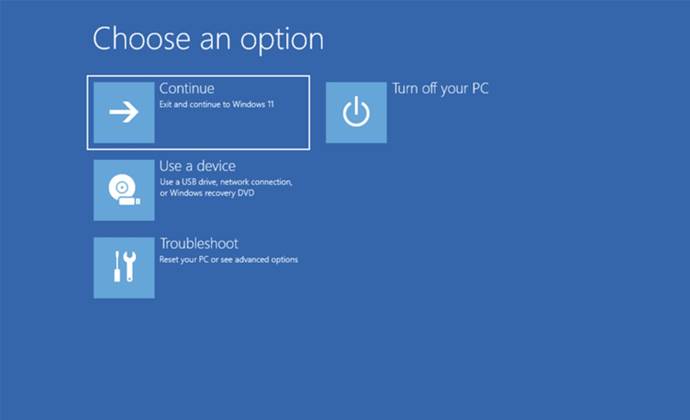October Update Disrupts Windows 11 Recovery Environment
We independently review everything we recommend. When you buy through our links, we may earn a commission which is paid directly to our Australia-based writers, editors, and support staff. Thank you for your support!

Summary Overview
- October update impacts the Windows 11 Recovery Environment (WinRE).
- USB devices malfunction in WinRE, hindering navigation.
- Problems affect Windows 11 versions 25H2, 24H2, and Windows Server 2025.
- Microsoft is developing a solution for the WinRE problem.
- http.sys driver issues causing troubles with website connections.
- KIR mechanism automatically rectifies http.sys issues for many users.
- Resolved smart card authentication errors in 32-bit apps.
- Various Windows versions impacted by CSP authentication issues.
Windows 11 Recovery Environment Issues
After the October security update, Microsoft has uncovered a serious problem concerning the Windows Recovery Environment (WinRE) in Windows 11. The update, designated KB5066385, has caused a breakdown where USB devices, including keyboards and mice, are non-functional within WinRE, thereby making recovery options unreachable. This complication has been acknowledged to impact Windows 11 versions 25H2, 24H2, and Windows Server 2025. Microsoft has promised users a forthcoming resolution.
Effects on http.sys Kernel Mode Driver
The update has similarly introduced a regression affecting the http.sys kernel mode driver. This has led to failed connections to Internet Information Server (IIS) sites, with users facing ERR_CONNECTION_RESET errors. This problem applies to websites and applications operating on localhost. Microsoft has put into action a Known Issue Rollback (KIR) mechanism to automatically resolve this concern for most home users and unmanaged business devices. For managed environments, administrators can employ Group Policy to implement a KIR.
Challenges with Smart Card Authentication
Another concern stemming from the October update involves smart card authentication. Users have indicated that smart cards are not detected as cryptographic service providers (CSPs) in 32-bit applications, resulting in failures with document signing and challenges for certificate-based authentication. Microsoft has offered a workaround, which includes registry changes to set the DisableCapiOverrideForRSA key to 0, thereby fixing the issue. This concern affects multiple Windows versions, including Win10 22H2 and Server 2012.
Conclusion
The October update for Windows 11 has brought forth several notable issues, affecting the performance of the Windows Recovery Environment, http.sys driver, and smart card authentication in 32-bit applications. Microsoft is proactively working to rectify these issues, with some resolutions already implemented through automatic processes and manual adjustments.
